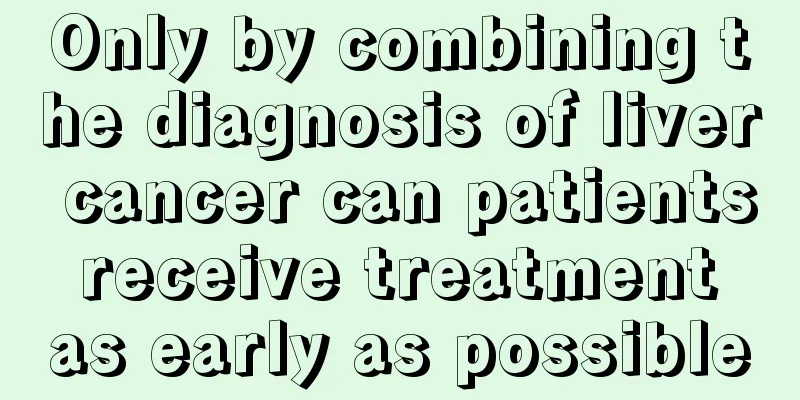What is the best way to treat colon cancer

|
Currently, the preferred treatment for colon cancer is radical surgery, followed by chemotherapy and radiotherapy. The scope of radical colon cancer surgery includes the intestinal loop where the cancer is located and its entire colon mesentery, which means that the cancer itself is removed and the regional lymph nodes that may metastasize can be completely removed. Therefore, only a thorough surgery can cure colon cancer. For patients with liver and lung metastases, the chance of treatment is not completely lost. A new view is that if the metastatic lesion can be removed at the same time, it should be removed together with the colon cancer lesion. If the metastatic lesion cannot be removed, adjuvant chemotherapy should be performed first, and then resection should be performed after stabilization. In some patients with liver metastasis, the liver metastasis is limited to one lobe or one segment. Surgical resection is not only simple, but also has a 5-year survival rate of up to 50%. The choice of surgical indications and the experience of the surgeon are the key factors in determining the surgery. As colon cancer grows and develops, it gradually metastasizes to distant sites. Three-quarters of patients already have metastases at the time of diagnosis, and half of those who can undergo radical surgery will eventually develop distant metastases. Therefore, chemotherapy after radical surgery, i.e. adjuvant chemotherapy, is an important part of the comprehensive treatment of colon cancer. The mechanism of adjuvant chemotherapy is to use chemotherapy to control and eliminate residual lesions in the body after radical surgery. For patients with unresectable tumors or distant metastatic lesions, local radiotherapy is also one of the commonly used methods for advanced colon cancer treatment. It can shrink the tumor and improve the patient's symptoms. It is often used in combination with other treatment options. Currently, the most studied and effective treatment is the combined treatment of surgery and radiation, including preoperative radiation, intraoperative radiation, postoperative radiation, and "sandwich" radiotherapy. |
<<: Treatment of advanced esophageal cancer
>>: 6 major indications for total laryngectomy
Recommend
How to make yellow clothes white
It is said that we should not judge a book by its...
What is the best treatment for vitiligo
In current medicine, vitiligo can be divided into...
What to do if you are allergic to Chinese medicine
Everyone's physical constitution is completel...
How to wash red wine off clothes
If you accidentally pour red wine on your clothes...
Can an 81-year-old with prostate cancer undergo surgery?
Whether an 81-year-old patient with prostate canc...
Introduction to surgical nursing for esophageal polyps
Many people live in a fast pace nowadays and are ...
What are the routine nursing care for gallbladder cancer
Among the malignant tumors of the gallbladder, ga...
What are the main treatments for breast cancer?
Breast cancer, as the name suggests, is also a ty...
Forehead wrinkles on face
Forehead wrinkles have become a facial problem th...
What are the effects of washing hair with salt water
People use salt when cooking. Salt has many uses....
How to peel potatoes the fastest
People are no strangers to potatoes. They often a...
How long does it take for figs to cure hemorrhoids
Hemorrhoids are also an anal disease with a very ...
What are the surgical treatments for endometrial cancer? How many of these methods do you know?
If you have endometrial cancer, you must first un...
What are the methods of indoor humidification in winter
The climate in winter is very cold. When the wint...
What are the acupuncture points for removing heat?
Chinese and Western medicine believe that regular...









